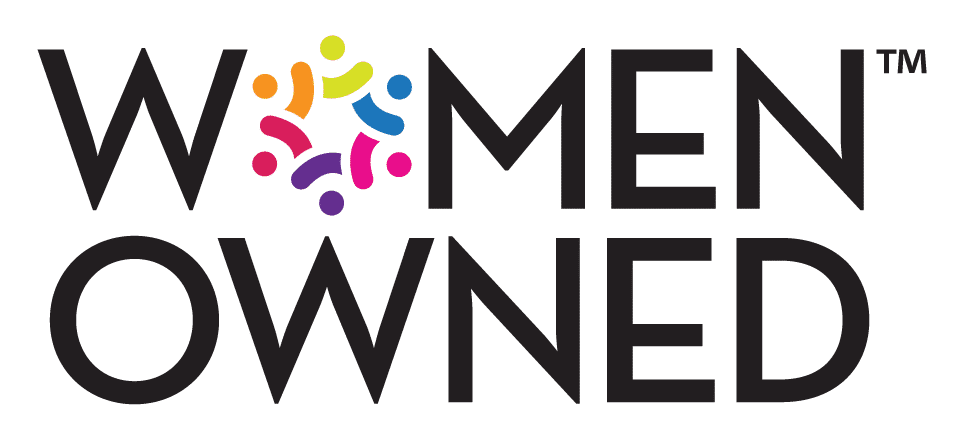In the realm of business branding, it’s important to choose language carefully to effectively convey your company’s values and culture. While the term “family” may seem appealing as a way to foster a sense of unity and loyalty among employees, this article explores why it’s crucial to avoid using this language in branding and marketing efforts. By examining the potential pitfalls associated with the “family” metaphor, we can cultivate healthier and more productive work environments that prioritize professionalism, respect, and clear boundaries.
Let’s delve into the reasons behind this cautionary advice.
1. False Sense of Security:
Referring to your employees as a “family” can inadvertently create an atmosphere that blurs the line between personal and professional relationships. While it’s essential to foster strong bonds among team members, it’s equally important to maintain a clear understanding of roles and responsibilities. Calling your company a “family” may unintentionally encourage a sense of entitlement or complacency, as familial dynamics often differ significantly from professional expectations.
2. Discouraging Healthy Boundaries:
Every workplace requires a foundation built on respect, professionalism, and clear boundaries. Describing your team as a “family” can undermine these essential aspects. Boundaries are crucial for maintaining a healthy work environment, ensuring individuals have the space and autonomy they need to thrive. Encouraging a culture that respects personal and professional boundaries cultivates stronger relationships based on trust and mutual respect.
3. Inclusivity and Exclusivity:
While the term “family” may evoke a sense of belonging, it can inadvertently create feelings of exclusion for those who don’t identify with the concept or have different personal circumstances. Every team member brings unique perspectives, experiences, and backgrounds to the table. Using language that focuses on inclusivity and diversity allows individuals to feel valued and appreciated for their contributions without the need for familial associations.
4. Professionalism and Growth:
Emphasizing professionalism in your company’s branding sends a clear message that you value and expect high standards of performance and conduct. By avoiding the “family” metaphor, you encourage a professional environment that fosters growth, accountability, and continuous improvement. This approach sets the stage for individuals to develop their skills, take ownership of their work, and achieve their full potential.
5. Respecting Individual Needs:
Recognizing and respecting the diverse needs of your employees is vital for building a supportive and inclusive workplace culture. The “family” metaphor may unintentionally downplay individuality, assuming that everyone’s needs and priorities align. By using language that emphasizes respect and understanding, you create an environment that values and accommodates the unique requirements of each team member.
While the term “family” may carry positive connotations of unity and loyalty, it’s essential to approach company branding with caution. By avoiding the “family” metaphor and instead focusing on professionalism, respect, and clear boundaries, you can foster a healthier and more productive work environment. Prioritizing inclusivity, diversity, and individual needs sets the stage for building strong, high-performing teams that thrive on shared goals and mutual respect. Together, let’s create workplaces that value the strengths and contributions of every individual and create a culture of success and growth.
If you’re seeking staffing solutions that align with your company’s vision and values, FurstStaffing is here to help. Contact us today to explore how we can support your organization’s talent needs and help you build a strong and cohesive team.


